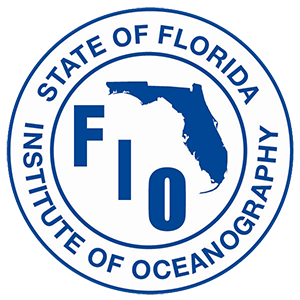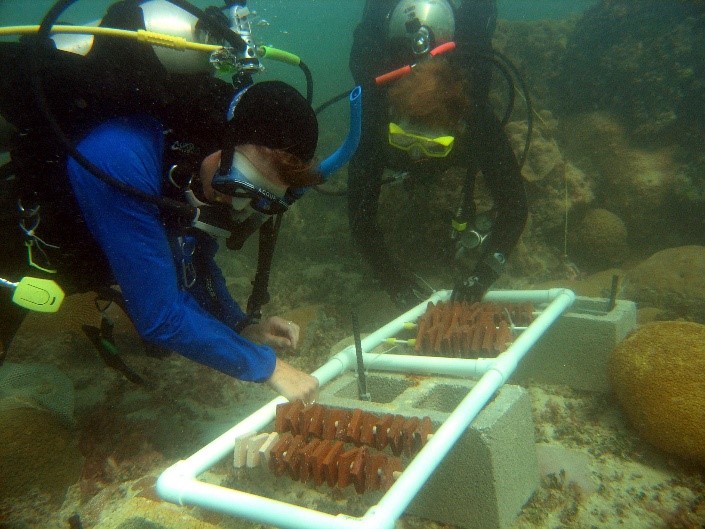
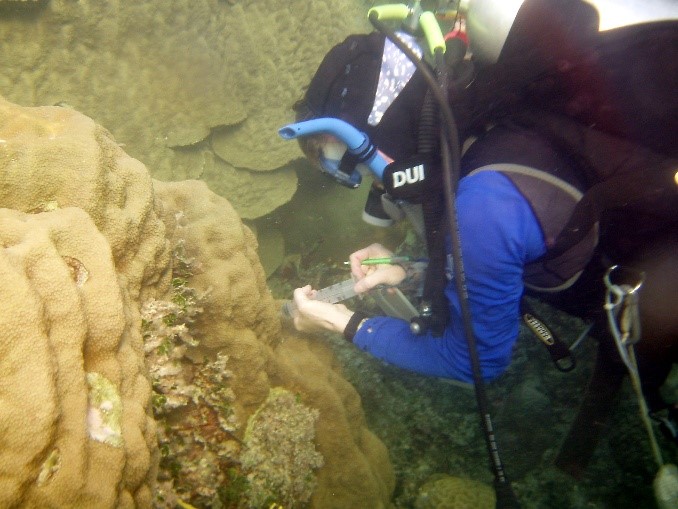
From my first visit to Keys Marine Laboratory (KML) in January 1998, I was impressed by its operation. I was searching for a new research site after my field location in Panama closed, and the lab quickly proved invaluable. The accommodating and knowledgeable staff—scientists, administrators, and maintenance—guided me to several ideal locations and provided excellent facilities, including seawater tables, labs, and dorms.
I returned to KML annually for 22 years, and despite staff changes, everyone remained professional and eager to help, whether it was locating organisms or assisting with trailering a boat so I could check survey sites in the upper and lower keys. They even collected monthly data for my research, saving me frequent trips from Buffalo, New York.
After Hurricane Wilma damaged the lab, staff ensured my students could continue sampling, and the students even helped with cleanup. Subsequent infrastructure improvements included a state-of-the-art seawater system, enhancing services for research and coral restoration.
In my research on coral larvae, night dives were essential, and the staff was always supportive, even assisting with the work sometimes lasting 6 or more hours. They constructed equipment needed for our efforts, showing genuine interest in our science and making the research possible.
I also used KML’s facilities to teach several workshops, The facilities were perfect, a well-equipped classroom for presentations and discussions, temperature-controlled seawater tables to hold specimens, wet and dry labs to examine specimens and on-site housing.
Though I no longer conduct fieldwork, I still visit to reconnect with old friends and meet new ones. Under the current director, KML is launching a capital campaign to replace older buildings and on-site housing with a storm harden facility and increasing the capacity of classrooms, labs, and academic and research housing with a state-of-the-art Marine Field Station, ensuring continued excellence in education, scientific research, and restoration in the Florida Keys. I wholeheartedly support the KML capital campaign, recognizing the significant impact KML has had on my life and its potential to inspire and benefit the futures leaders researching and restoring our precious marine resources.
Thank you, KML! -Mary Alice Coffroth, Ph.D. University of Buffalo Professor Emerita and Research Professor
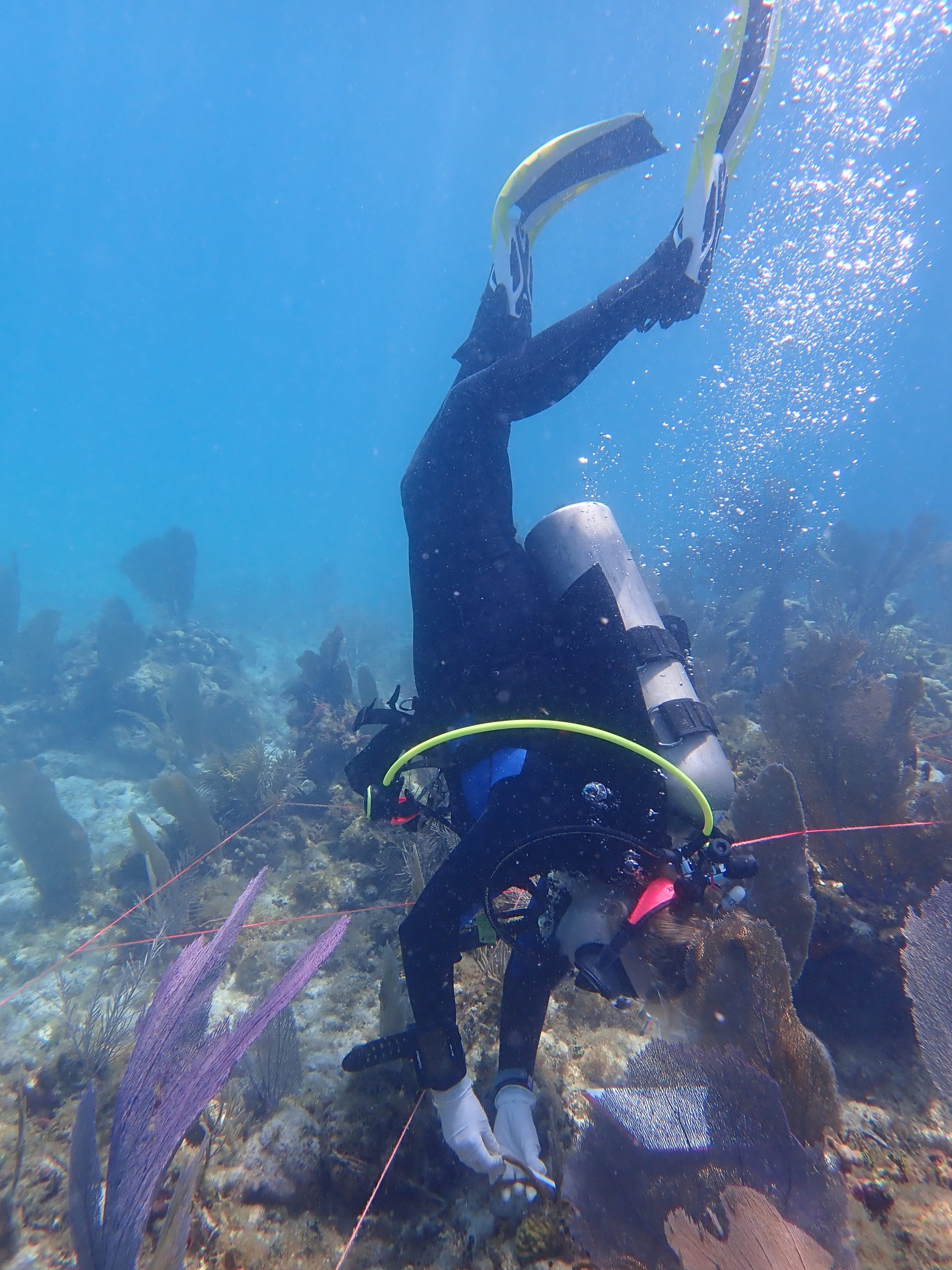
The Keys Marine Laboratory has been an amazing resource for me throughout my graduate research, as well as during my career as a coral biologist. The facility has been instrumental in the development and overall operations of our coral restoration organization. The staff is incredibly knowledgeable and has advised us on more projects than I can count! The lab is a one-of-a-kind resource, and we are thrilled to have them as a partner! – Kylie Smith, Ph.D. Co-Founder, I.CARE
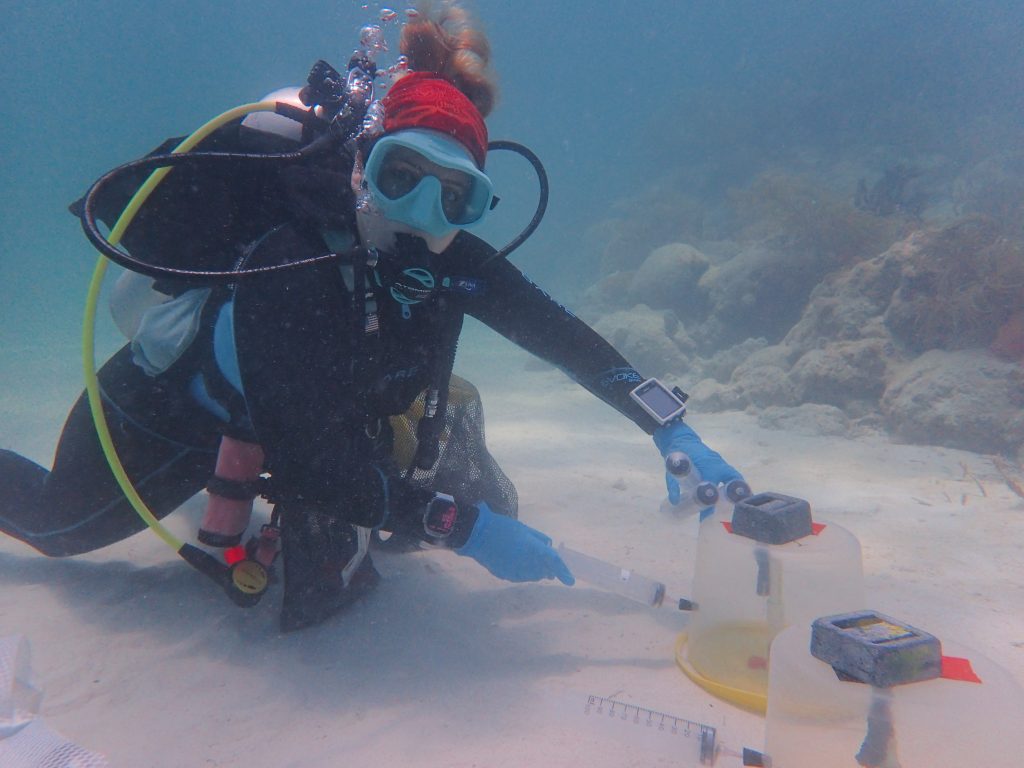
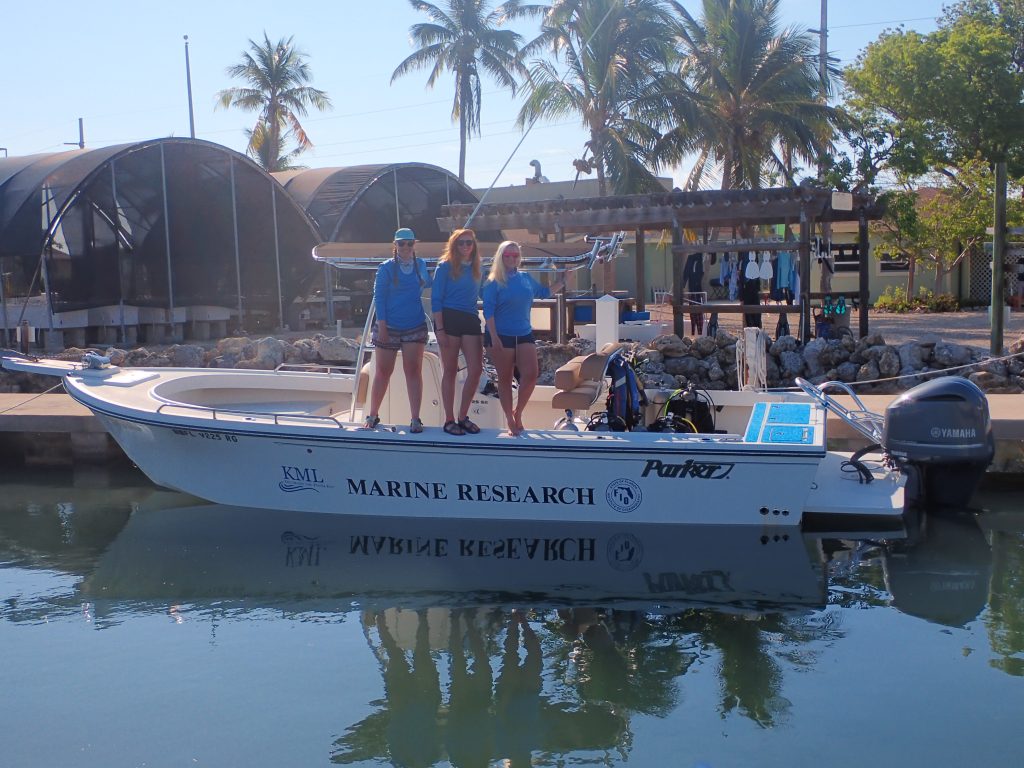
“I am a recent graduate of the doctoral program at Florida State University and Keys Marine Laboratory was integral to the success of my dissertation research. KML became my second home, housing my field teams and I for months at a time during summers and for many shorter trips throughout each academic year. The staff at KML have expert knowledge of the local ecosystem and go above and beyond to assist research teams in successful project execution, networking and collaboration. I can’t thank Keys Marine Laboratory enough for their years of logistical support, collaboration and friendship that have accelerated my career as a marine scientist.”
Bobbie Renfro-Price, Ph.D. Sponge Postdoctoral Researcher I.CARE (Islamorada Conservation and Restoration Education) bobbie@icareaboutcoral.org
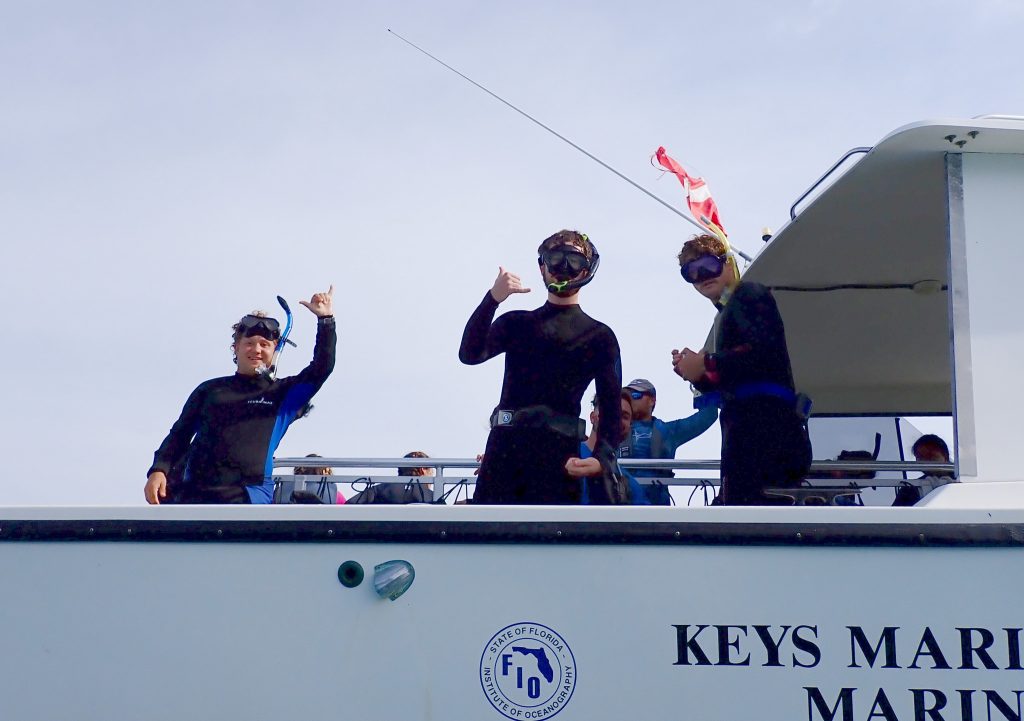
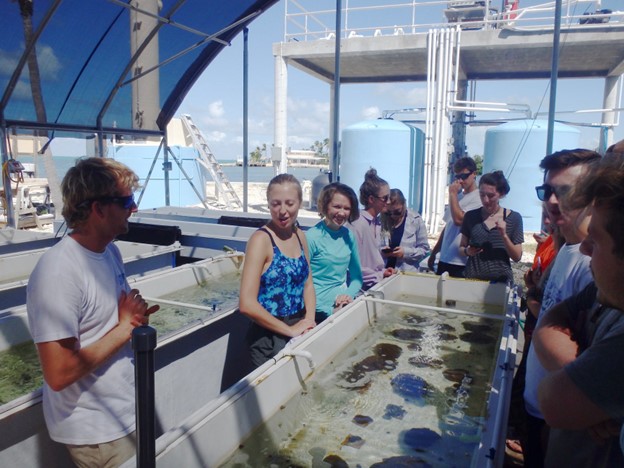
KML’s location, facilities, vessels, and amazing scientific staff allow undergraduate students to discover and explore Florida Keys ecosystems, and to witness important science and conservation efforts centered at the station. For undergraduate students, a trip to KML is not just a colorful show-and-tell of South Florida marine life – it is a doorway into the world of marine research and conservation.
During and after KML trips I see a huge expansion of my students’ understanding of the marine landscape, and the landscape of their future careers. It is a delight to introduce students to the biological diversity of the keys, with hands-on species identification and taxonomic classification activities that are only possible when fully immersed in the environment. This challenges students’ observational skills and teaches them to notice important details and clues to ecosystem health that they might otherwise just see as background scenery.
When the students return to normal class activities after KML I see big improvements in their understanding of ecological concepts, and in their ability to explain those concepts using examples from keys ecosystems. When asked in their course evaluations which course elements supported their learning the most, the students invariably cite the KML experience.
James G. Douglass, Ph.D., Professor of Marine Science FGCU
